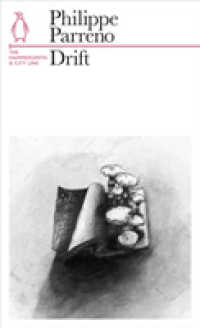基本説明
Explores the consequences for language acquisition, language evolution, and linguistic theory of taking the underlying architecture of the language faculty to be that a complex adaptive dynamical system.
Full Description
Dynamical Grammar explores the consequences for language acquisition, language evolution, and linguistic theory of taking the underlying architecture of the language faculty to be that of a dynamical system.
The authors investigate whether it is possible for a complex adaptive system to identify the categories, structures, and rules of a language given access only to instances of grammatical utterances of that language. The linguistic tradition says that this is impossible, but there is a growing body of literature in psychology and computer science arguing that grammar can be uncovered using purely statistical techniques applied to the distribution of forms in a string of words. The book goes on to discuss whether a learner requires information about structure that goes beyond the information that is contained in the meaning. Does the learner have to have knowledge of grammar per se prior to language acquisition, as has been traditionally assumed?
The authors ask whether it is possible to adequately describe and explain linguistic phenomena if we restrict ourselves to the relatively impoverished apparatus that we require for language acquisition. They explore the consequences of adopting a radical form of minimalism to try to reconcile the linguistic facts with the book's perspective of language acquisition. Culicover and Nowak investigate to what extent it is possible to account for language variation in dynamical terms, as a consequence of the behaviour of the complex social network in which languages and the properties of languages are acquired by learners through interactions with other speakers over time.
Contents
I FOUNDATIONS ; II SIMULATIONS ; III GRAMMAR ; BIBLIOGRAPHY ; INDEX







